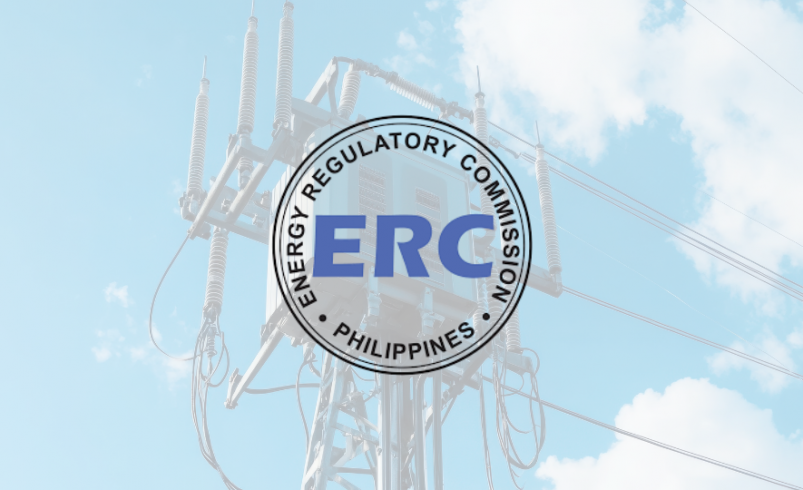ERC approves long-delayed rate reset rules for power distributors
- October 17, 2025
- 0

The Energy Regulatory Commission (ERC) has approved a new set of rules that will finally pave the way for long-delayed rate resets of private distribution utilities (DUs) across the country—marking the first major reform of the performance-based regulation framework in more than a decade.
Under the new framework, the ERC will employ a price-cap regulation approach that sets rates based on efficient operating costs, service quality targets, and measurable performance indicators. The model aims to incentivize utilities to improve efficiency and reliability while maintaining affordable rates for consumers.
In a resolution issued on October 16, the ERC formally adopted the Rationalized Rules for Setting Distribution Wheeling Rates (RRDWR), which sets the methodology and timelines for determining the maximum allowable distribution, supply, and metering (DSM) charges of privately owned DUs operating under the Performance-Based Regulation (PBR) system.
The newly approved RRDWR replaces earlier rate-setting guidelines that have remained suspended or delayed for years, leading to the non-implementation of the mandated periodic rate resets.
According to the ERC, the RRDWR “embodies the methodology and process for setting the maximum allowable distribution, supply, and metering rates of private DUs” and “incorporates internationally recognized practices to balance consumer protection with fair returns for utilities.”
The approval also clears the way for the long-awaited regulatory reset for the First Entry Group—composed of the Manila Electric Company (Meralco), Dagupan Electric Corporation (DECORP), Cagayan Electric Power and Light Company (CEPALCO), and Cotabato Light and Power Company (CLPC)—covering the First Regulatory Period from July 1, 2026 to June 30, 2030.
By adopting the RRDWR, the ERC said it is fulfilling its legal mandate “to ensure reasonable electricity rates, promote operational efficiency, and support the modernization of the country’s power distribution sector.”
The Commission emphasized that the approval “demonstrates its resolve to fulfill its legal mandate as the rate regulator for the power industry” and its commitment to a “fair, transparent, and accountable regulatory process.”
What impact do you think the long-overdue rate reset will have on consumers and distribution utilities? Share your thoughts on how this move could reshape the regulatory landscape for the Philippine power sector.
Follow Power Philippines on Facebook and LinkedIn or join our Viber community for more updates.